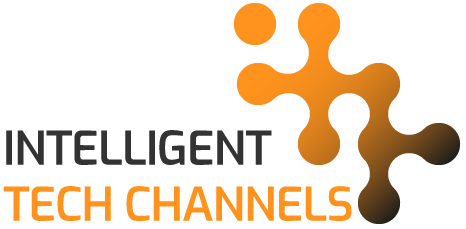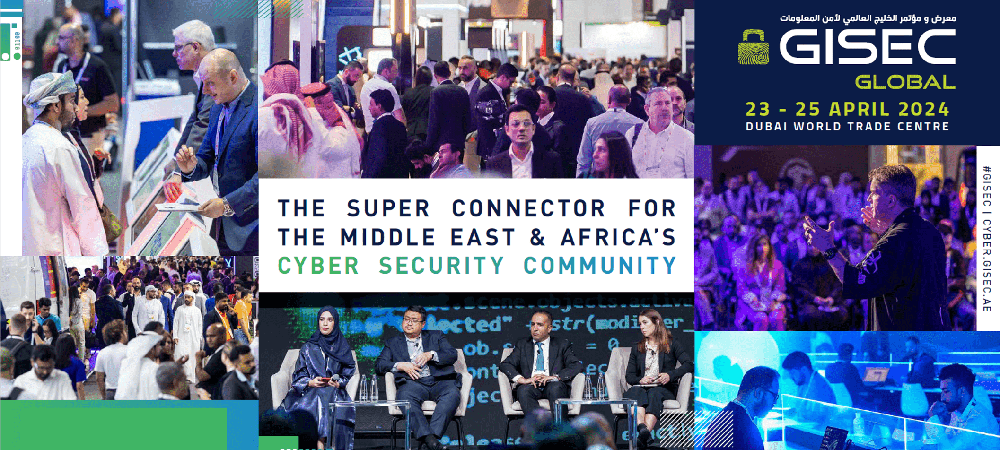Alejandro Martínez Agenjo, Co-founder and CEO of Erudit, explains how Artificial Intelligence can create actionable insights that improve the workplace culture and enhance employee experiences.

The main benefit of Artificial Intelligence is in automating tedious tasks, allowing us to focus on what matters. In the case of HR, that’s improving the employee experience, work culture and preventing turnover. But can AI help us better understand human sentiment, drivers and behaviors? How about saving HR teams from the headache of designing, conducting and analyzing surveys? Or is that too much to ask? According to Alejandro Martínez Agenjo, Co-founder and CEO of Erudit, going survey-free is finally within reach.
“Surveys are outdated methods and can no longer be considered proficient ways of collecting data. We believe our approach is more efficient, more effective, more inclusive and less biased,” said Agenjo.
How AI is used to support HR
The future of HR technology is already here; and it’s being fuelled by Artificial Intelligence and Machine Learning technology. AI technology in the HR field is normally used to automate and streamline tasks, such as hiring, onboarding and employee identification. AI is also used to analyze employee performance. HR analytics helps HR and business leaders make better decisions based on data and facts, instead of relying on intuition alone.
When it comes to sentiment analysis, AI is being used to automate the survey process, aggregate results and helps with the analysis. For example, AI can identify key factors that impact employee engagement and retention, and forecast talent supply and demand. Still, the quantitative data source when it comes to the sentiment and wellbeing of employees remains survey data. Erudit goes a step further and uses organic, real-time communications data as its data source and has AI technology at the core and center of the solution.
“Erudit’s AI sifts through textual communications data to serve you actionable people metrics, analytics and insights. For example, you’ll get each team’s daily engagement levels and burnout risk. Every month, you’ll get a report that helps you understand the needs of every department and how they are doing. Plus, you get to dig into the reasons why,” Agenjo explained.
“All the people analytics are anonymized by the AI so you can make unbiased decisions based on organic, instead of survey data. So managers never see messages or names, they only see the insights that will help them improve their management style and better support their team members,” he added.
An AI trained by psychologists
The AI was initially trained by psychologists, data scientists and Machine Learning engineers to anonymously detect and measure levels of engagement, burnout risk, and turnover risk from text and messages. But the platform has now expanded to incorporate levels of job satisfaction and other dimensions of work culture. Monthly reports with trends and workforce profiles have also been added in 2022.
“Our AI team in particular is a mix of engineers and psychologists who are based in Europe, led by Ricardo Michel Reyes and Alexandre Denis. My co-founder Rick is only 28-years-old but is a brilliant AI developer. Alexandre also has a wealth of experience, with over 50 papers on NLP applied to understanding human behavior,” said Agenjo, “Our AI team gives us a lot of confidence in the technology and their skill sets.”
Harnessing real-time, organic data to understand dynamic teams
HR leaders and employees are realizing the advantages of using real-time data, instead of relying on survey data that represents a snapshot in time. Real-time data can help us understand how a team functions, and how it could work more effectively. Real-time data on employee collaboration can help us understand how a team communicates, who participates in discussions and who is left out. It can also reveal how often employees interact with one another, and whether certain groups are operating in silos.
But organic, real-time communications data has not been used to mine for employee sentiment, at least not until Erudit moved to the go-to-market phase early this year. With the shift to remote and hybrid work setups and with corporate communications moving to the digital world, it’s only a matter of time before solutions that can mine this data for actionable insights become the norm.
“We see the engagement levels of each team change every day. How can an annual survey truly capture this metric? Not to mention, the biased answers that may arise and the less-than-ideal survey participation rates,” described Agenjo. “We could have spent millions filming a new movie, but instead we decided to liberate organizations from internal engagement surveys forever.”
The importance of listening and of anonymity
With voluntary turnover costing U.S. companies one trillion dollars a year and with the recent turnover tsunami, the race to retain talent is even more competitive. Organizations cannot rely on compensation alone and are going to great lengths to improve work culture and employee experience. According to Agenjo, this process starts with understanding the workforce, through listening.
“Everyone is talking about how employees are important; how they are the core of the business, but the reality is companies are not listening enough,” Agenjo shares.
“Listening is a silent action. It is best performed when you are quiet. If you are asking or posting surveys the whole day, that’s not listening, that’s interrupting and bothering people. The remote world is a game changer for everyone. As a manager, you have to give up the control that you normally have when you are in the same space and the same room. Management needs to mature and delegate more efficiently. As we give workers more autonomy, the focus should be on creating better tools to listen and understand their needs and motivations,” he added.
While it’s difficult to debate the benefits of getting daily workforce metrics in decision-making and tracking the success of wellbeing programs, the question of privacy pops up. Agenjo stresses that Erudit is against surveillance and that spying on employees is bad for business.
“Anonymity is key and has been used time immemorial to oppose power and even topple regimes. Why can’t employees use anonymity to their advantage as well? Anonymous metrics and even conversation topics inform leaders while protecting the identity of workers. It can reduce bias while enriching management decisions,” said Agenjo.
“Many tech companies are already working with Google, Microsoft or Slack. Companies are using two or more of these internal communications. These companies are already storing your aggregate conversations by default,” he stated, “Companies already possess this information but must learn how to better process it so that the insights are unbiased and anonymous, but still actionable.”
“With Erudit, all the people analytics are anonymised by the AI so you can make unbiased decisions based on organic, instead of survey data. Managers never see messages or names, they only see the insights that will help them improve their management style and better support their team members. HR can use this tool to design initiatives based on their unique workforce, plus they can track the impact through the metrics,” he added.
Conclusion
AI is a technology that has the potential to make people’s lives better. It provides us with more control over our environment and automates repetitive tasks. AI is now used to diagnose medical conditions, predict financial outcomes and even spot fraud. For businesses, AI can help improve workplace productivity and drive sales.
With all of these benefits there are also challenges, such as privacy concerns and the need for regulation. In order to harness the full potential of AI, it’s important for businesses to understand both the benefits and the challenges so that they can make informed decisions about how best to use this technology.
“At the end of the day, it’s about building and earning trust. When a manager trusts their team to do their best at work, they focus on empowering rather than spying on them,” concluded Agenjo. “When an employee trusts that their HR department and leaders care about their wellbeing, they may be more open to trying out new solutions for workforce analytics,” he said. “Technology, in the wrong hands, is a weapon. In the hands of compassionate leaders and teams that have earned each other’s trust, it’s an empowering tool.”
Click below to share this article





